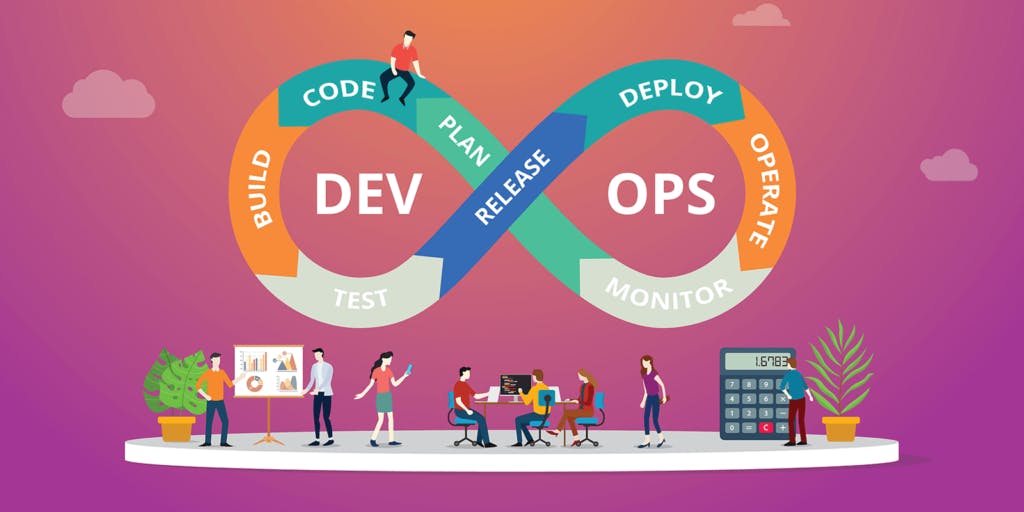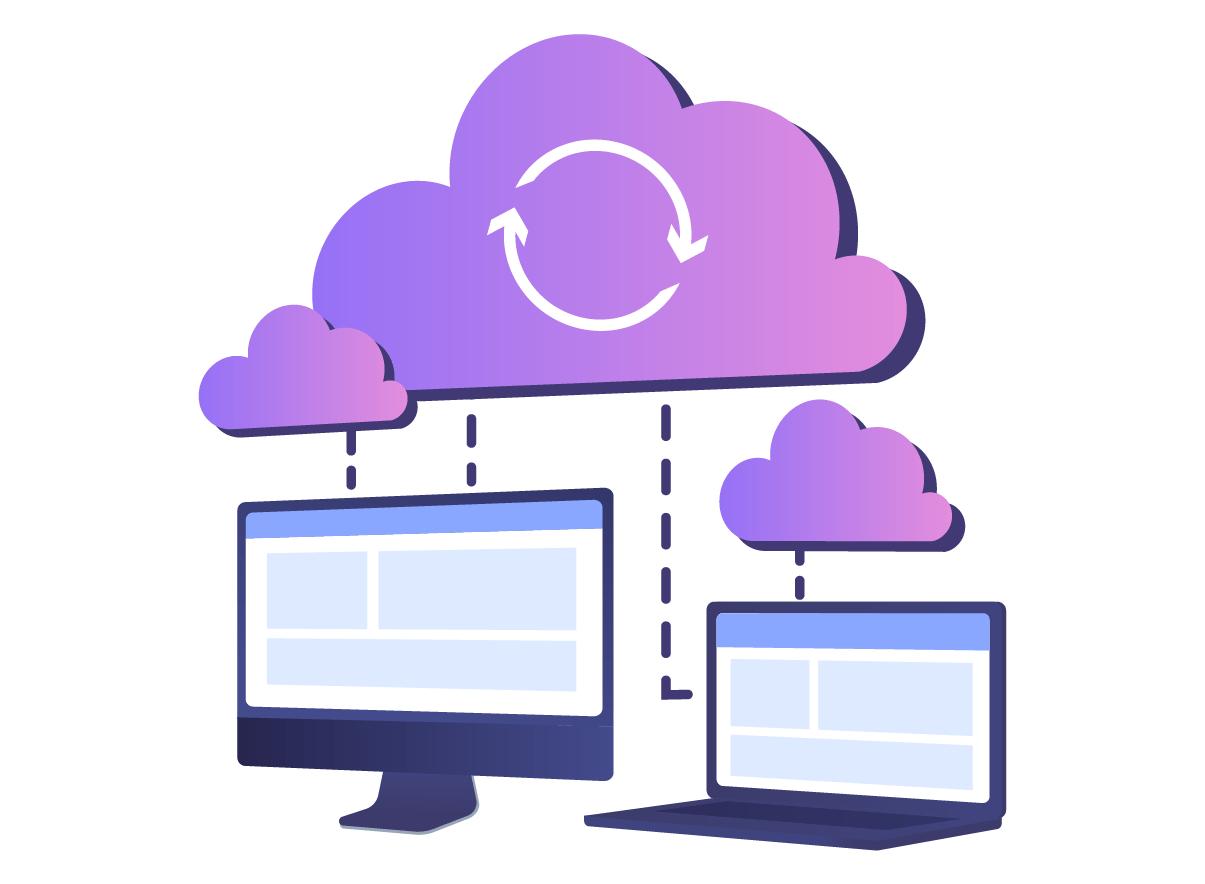In the dynamic landscape of IT, where technology advancements shape the way we build and deploy software, two roles have emerged as critical pillars for success: DevOps Engineer and Cloud Engineer. While these titles might sound similar, they entail distinct responsibilities and skill sets. In this post, we will delve into the differences between a DevOps Engineer and a Cloud Engineer, shedding light on their unique contributions to the world of technology. From streamlining software delivery to designing scalable cloud infrastructure, understanding these roles is crucial for organizations aiming to optimize their technology ecosystems.
What is a DevOps Engineer?
A DevOps Engineer serves as a bridge between development and operations teams. Their primary focus is to streamline the software delivery process by promoting collaboration, automation, and continuous integration and deployment (CI/CD). DevOps Engineers possess a strong understanding of both software development and IT operations, making them versatile professionals.

Key Responsibilities:
Automation and Continuous Integration: DevOps Engineers automate manual processes, leveraging tools like Jenkins or GitLab to streamline software delivery. They establish efficient CI/CD pipelines, ensuring smooth and timely deployment.
Infrastructure Management: DevOps Engineers configure and manage the underlying infrastructure necessary for software deployments, such as servers, networks, and databases. They embrace Infrastructure as Code (IaC) principles using tools like Terraform or CloudFormation.
Collaboration and Communication: DevOps Engineers facilitate effective communication between development and operations teams, fostering a culture of collaboration and shared responsibility. They ensure that all stakeholders are aligned and working towards the same goals.
Monitoring and Performance Optimization: DevOps Engineers implement robust monitoring solutions, utilizing tools like Prometheus and Grafana. They proactively identify bottlenecks, optimize system performance, and ensure the availability of applications.
What is a Cloud Engineer?
A Cloud Engineer focuses on designing, implementing, and managing cloud infrastructure. They leverage cloud platforms, such as AWS, Azure, or Google Cloud, to deliver scalable and cost-effective solutions. Cloud Engineers play a crucial role in harnessing the power of cloud computing to drive business success.

Key Responsibilities:
Cloud Architecture Design: Cloud Engineers design and architect cloud-based solutions that meet business requirements. They assess application workloads, choose appropriate cloud services, and ensure high availability, scalability, and security.
Cloud Infrastructure Deployment: Cloud Engineers implement and deploy virtual machines, containers, storage solutions, and databases on cloud platforms. They utilize services like EC2, S3, Kubernetes, and RDS to build resilient and scalable environments.
Security and Compliance: Cloud Engineers prioritize security and compliance within the cloud environment. They implement best practices for identity and access management, data encryption, network security, and regulatory compliance.
Cost Optimization: Cloud Engineers optimize cloud infrastructure costs by monitoring resource usage, rightsizing instances, implementing cost-saving measures, and leveraging pricing models offered by cloud providers.
Distinguishing Factors
Scope
DevOps Engineer: A DevOps Engineer is primarily responsible for streamlining the collaboration between software developers and IT operations teams. They focus on creating and maintaining an efficient and automated software delivery process. DevOps Engineers manage the development infrastructure, tools, and workflows, ensuring seamless integration and continuous delivery of software updates.
Cloud Engineer: On the other hand, a Cloud Engineer specializes in designing, implementing, and maintaining cloud-based infrastructure. Their primary focus is on the utilization of cloud platforms like AWS, Azure, or Google Cloud to create scalable, secure, and highly available solutions. Cloud Engineers work on tasks such as cloud architecture, virtualization, networking, security, and resource management.
Skill Sets
DevOps Engineer: DevOps Engineers possess a combination of development, operations, and automation skills. They are proficient in scripting languages like Python or Bash, version control systems, CI/CD tools like Jenkins or GitLab, and configuration management tools like Ansible or Puppet. Additionally, they have knowledge of containerization technologies like Docker and orchestration tools like Kubernetes.
Cloud Engineer: Cloud Engineers possess expertise in cloud platforms, infrastructure-as-code (IaC), and cloud-native technologies. They have a deep understanding of cloud services, such as virtual machines, storage, databases, and networking. Proficiency in IaC tools like Terraform or CloudFormation is crucial, as well as knowledge of cloud security, monitoring, and optimization techniques.
Focus Areas
DevOps Engineer: DevOps Engineers focus on integrating software development and IT operations, emphasizing automation, collaboration, and continuous improvement. They work towards enhancing the software delivery process, ensuring faster deployments, efficient testing, and seamless integration between development and operations teams. They strive to eliminate silos and foster a culture of continuous integration and continuous delivery (CI/CD).
Cloud Engineer: Cloud Engineers concentrate on designing and managing cloud infrastructure to support scalable, secure, and cost-effective solutions. They architect cloud environments, implement best practices for availability and disaster recovery, optimize resource utilization, and ensure robust security measures are in place. Cloud Engineers are responsible for monitoring and maintaining cloud resources and optimizing their performance.
Collaboration and Teamwork
DevOps Engineer: DevOps Engineers are highly collaborative and work closely with development, operations, and quality assurance teams. They bridge the gap between these teams, facilitating efficient communication, and fostering a culture of collaboration and shared responsibility.
Cloud Engineer: Cloud Engineers collaborate with various stakeholders, including developers, system administrators, and architects, to design and implement cloud solutions that align with business requirements. They work closely with security teams to ensure compliance and help optimize cloud resources for cost-effectiveness.
In conclusion, while there is overlap in their skill sets and responsibilities, DevOps Engineers and Cloud Engineers have distinct roles in the software development ecosystem. DevOps Engineers focus on the seamless integration and automation of software delivery processes, while Cloud Engineers specialize in designing and managing cloud-based infrastructure. Both roles are critical for modern software development, and organizations benefit from having professionals who excel in these areas. By understanding the differences between these roles, you can better appreciate the unique contributions they make to the success of software projects and the organization as a whole.